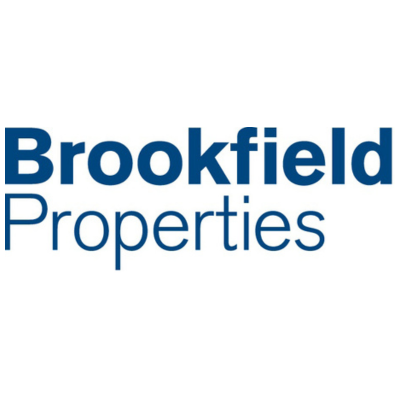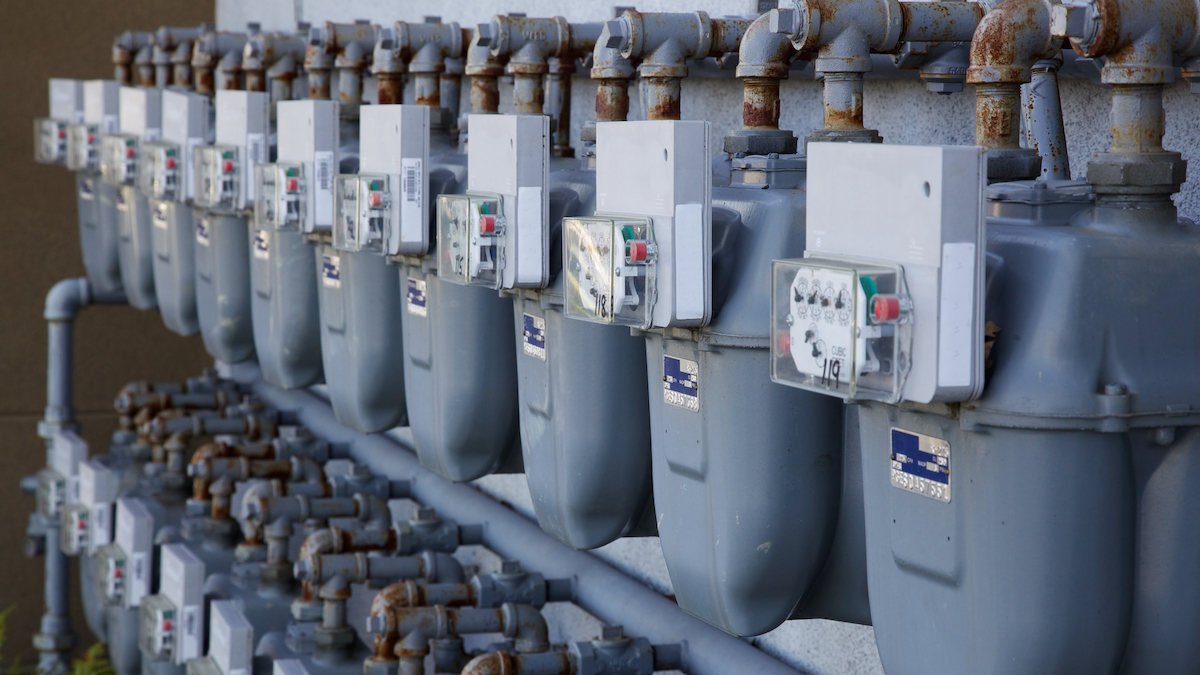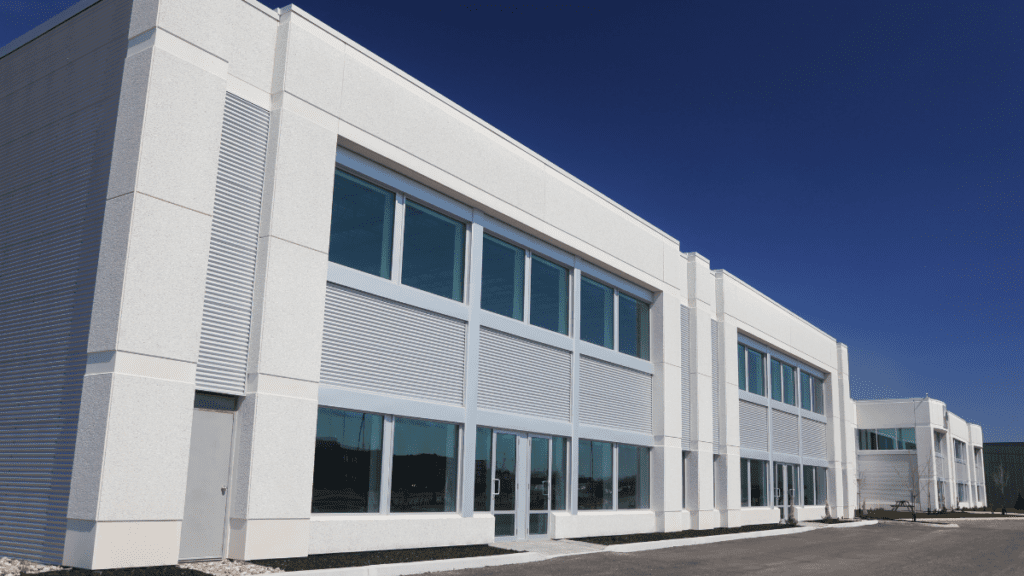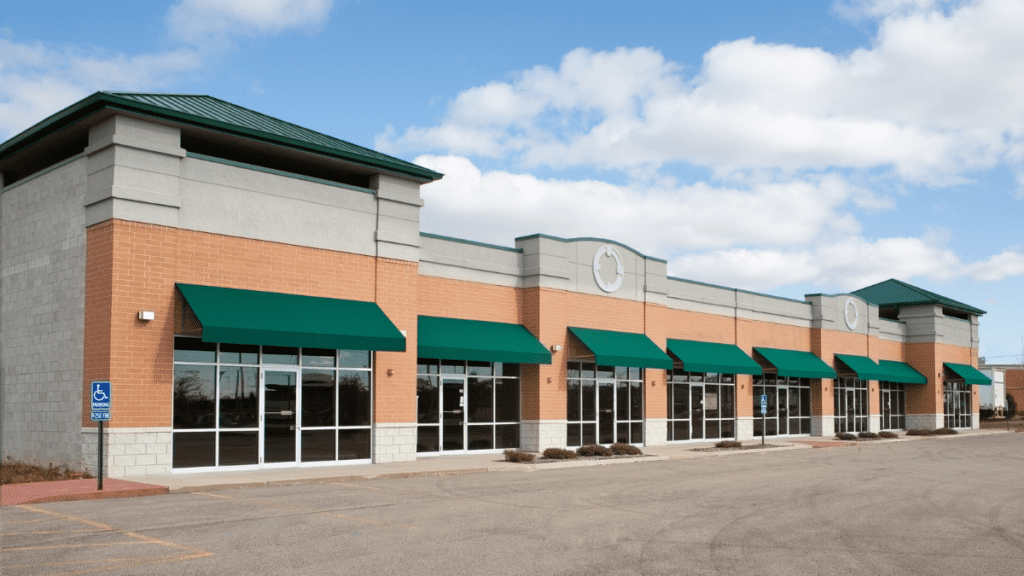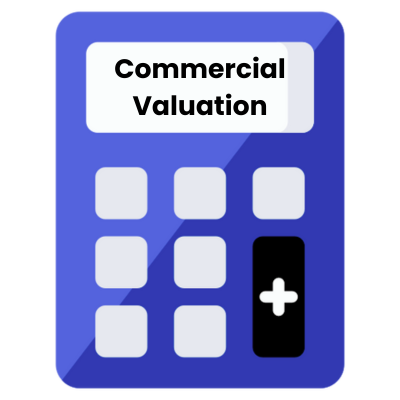Last Update: April 2024
Owning and renting commercial properties as an investment can be more challenging than owning other types of rental real estate, however, it can also be one of the most lucrative investments if done correctly. Especially with household names like Starbucks and McDonalds as tenants. Below we take a deep dive into everything you need to know about commercial rental properties.
On This Page
- What is Commercial Real Estate?
- 8 Types of Commercial Properties
- Commercial Real Estate Classifications
- Commercial Real Estate Tenants
- Commercial Rental Property Finance
- Managing Commercial Rental Properties
- Marketing Commercial Properties
- Commercial Rental Property Law
- Commercial Rental Property Construction
- Commercial Rental Property FAQ
What is Commercial Real Estate?
Commercial Real Estate Definition
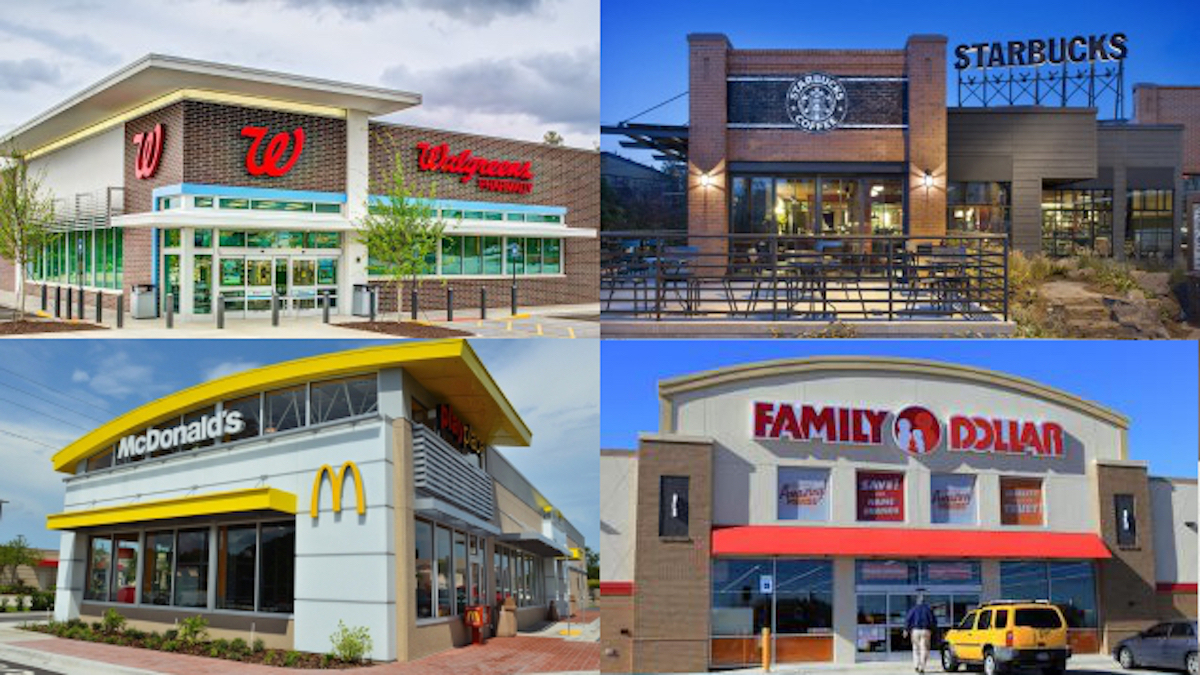
Commercial real estate (CRE) is property (i.e. buildings and land) that is used solely for profit-generating business activities and often leased to commercial tenants for solely business purposes.
Commercial Rental Properties Explained
Commercial real estate is all about properties used primarily for business purposes. Instead of homes or apartments, think of shopping malls, office buildings, warehouses, or restaurants. These properties are designed to generate profit, either from businesses operating there or through rental income. Entrepreneurs and companies lease spaces in these properties to run their operations, serve customers, or store products. From the corner store to the big downtown skyscraper, these are places where commerce happens. So, when you shop at a boutique, work in an office, or grab a coffee at a local café, you’re stepping into the world of commercial real estate.
8 Types of Commercial Properties
Commercial real estate is a broad and widely used term, but within this asset class are several types of unique sub-classes that each have their own special characteristics. We explore the most common types of commercial properties below:
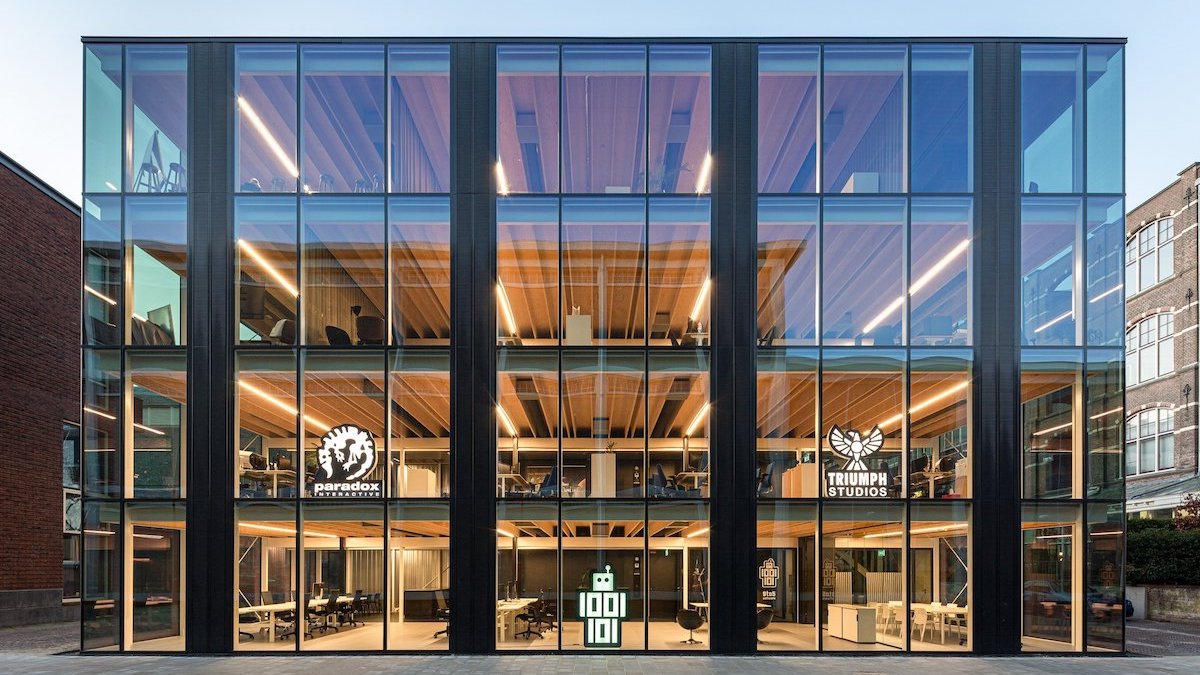
Buildings where administrative work usually takes place. These often include spaces for Medical Centers and Professional Services (Lawyers/Accountants).

Multifamily apartments are considered “Commercial” if they have five or more residential units and sometimes get into the 100’s of units.
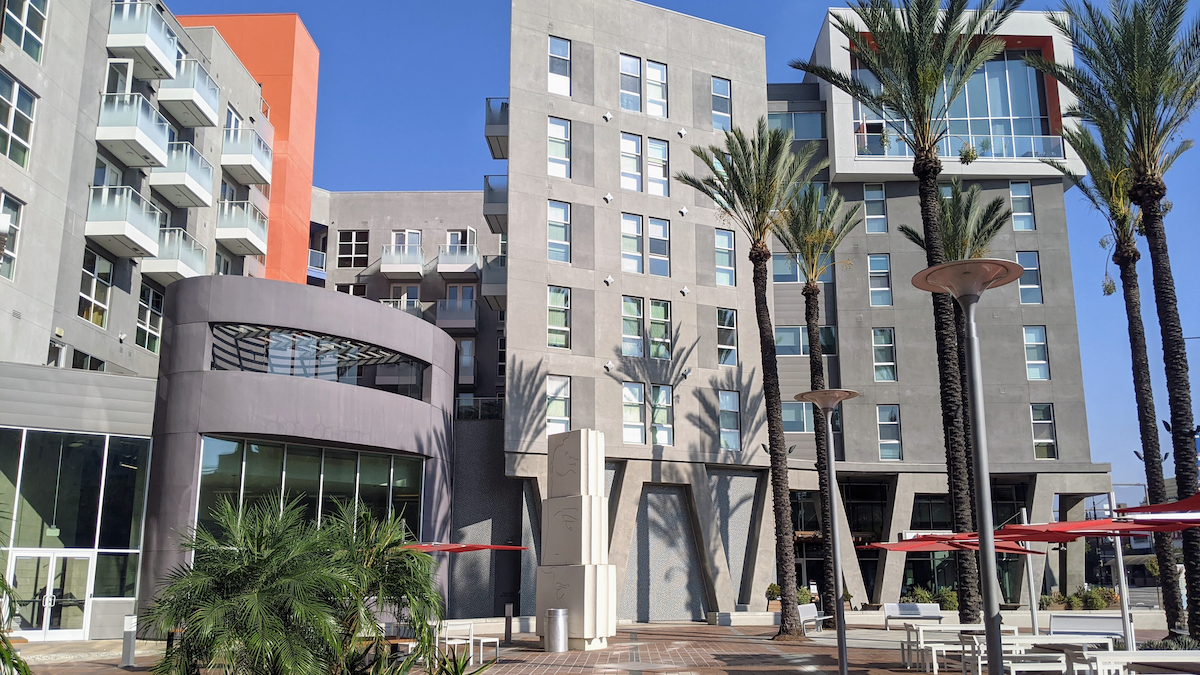
Buildings where the property may have a combination of uses, such as retail, office and apartments.

Plots of land ranging in sizes from small to very large and also type depending on location such as agricultural outside of metropolitan cities, and infill land within urban cities..
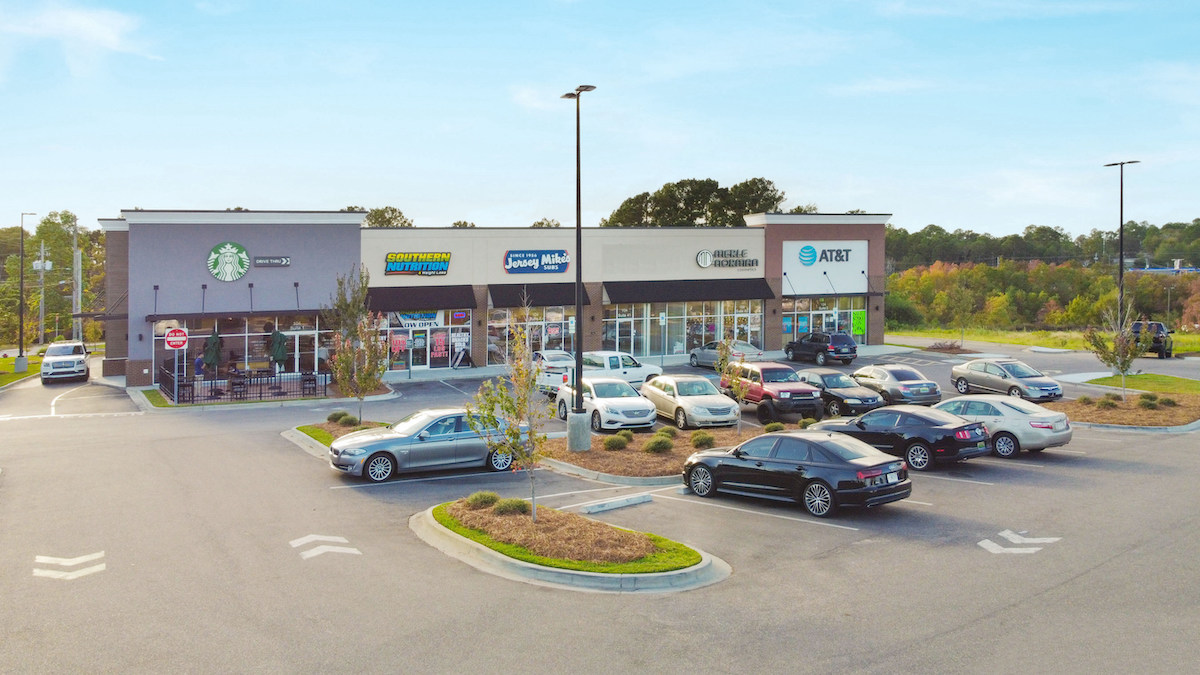
Public facing storefronts such as shopping Centers, Malls (both indoor & outdoor), Neighborhood Plazas, Strip-Malls, and In-line retail in commercial corridors.
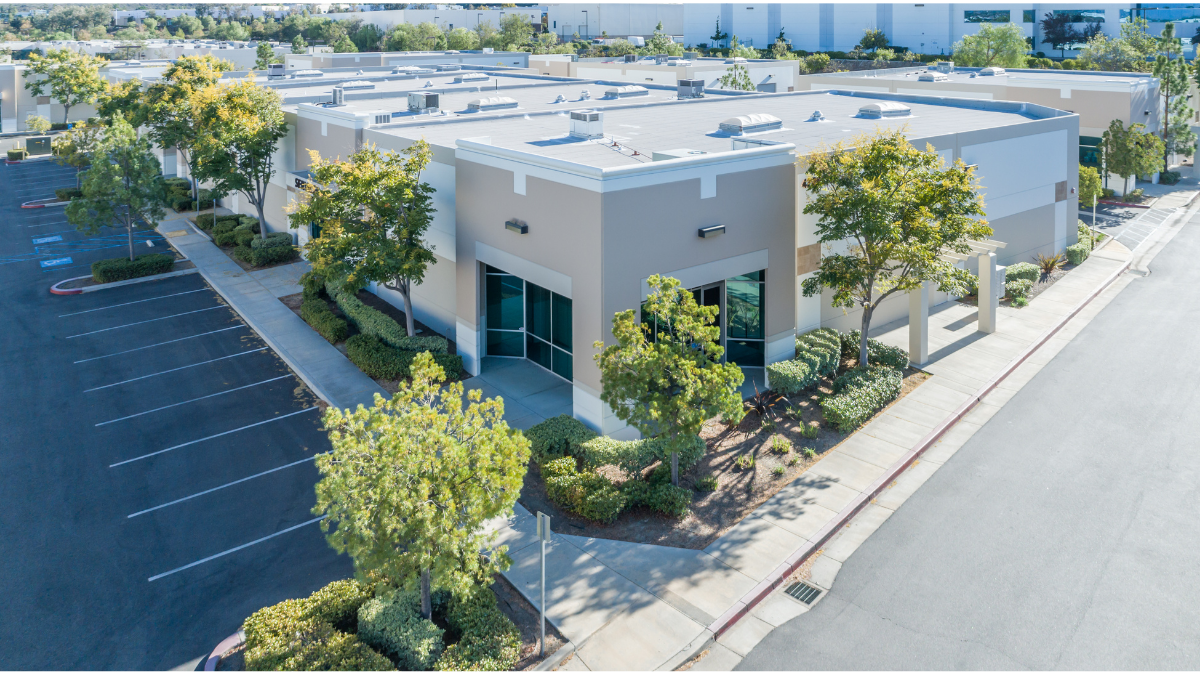
Often large buildings used for warehousing, manufacturing, and any other type of industrial economic use
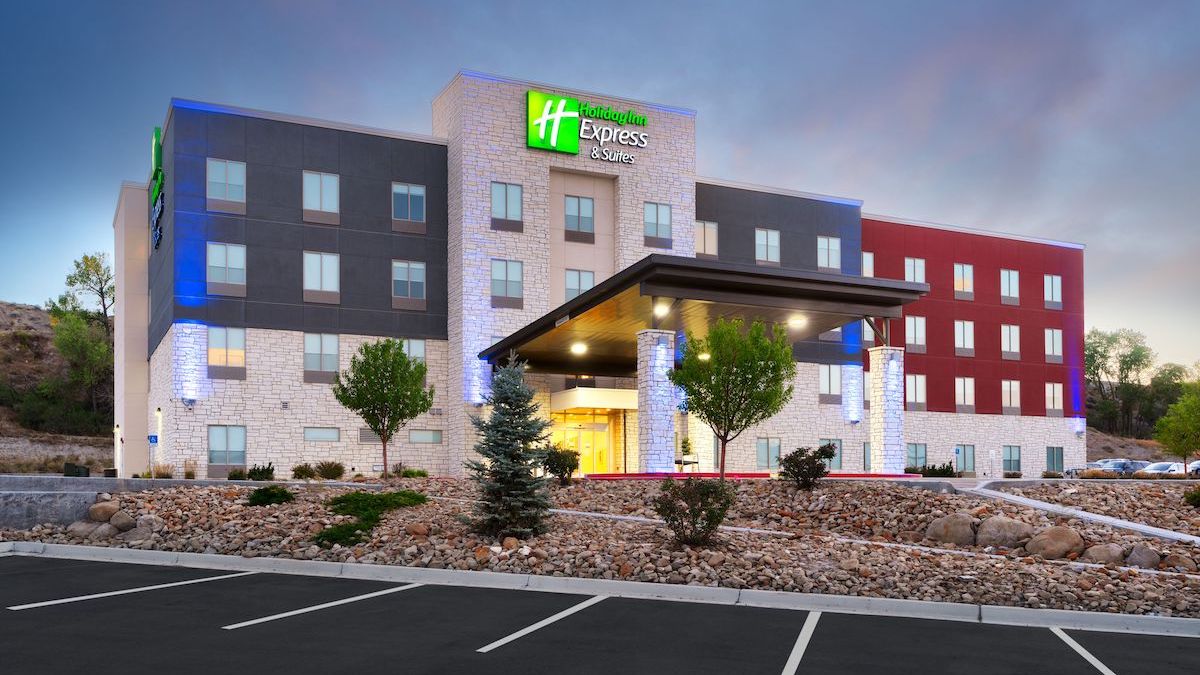
These properties primarily serve travelers and include hotels, motels, lodges, cabins, hostels, and any other type of property for overnight stays.

Special Purpose
Examples of special purpose properties include self storage, amusement parks, bowling alleys, parking lots, stadiums, theaters, zoos, and much more.
Commercial Real Estate Classifications
Class A
Class B
Class C
Commercial real estate is a diverse sector that offers investors opportunities to generate income through various property types, such as office buildings, retail centers, and industrial facilities. To better evaluate and compare the investment potential of these assets, commercial properties are often classified into three categories: Class A, Class B, and Class C. Each class is distinguished by factors like location, building quality, age, and tenant profiles, enabling investors to make informed decisions that align with their risk tolerance, investment objectives, and management preferences.
Commercial Real Estate Tenants

Tenants in commercial real estate come from diverse backgrounds, industries, and financial standing, each presenting unique opportunities and challenges for property owners and investors. By understanding the intricacies and dynamics of various tenant types, such as mom and pop businesses, seasonal occupants, and credit tenants, landlords can make informed decisions that contribute to the long-term success of their commercial real estate ventures.
Commercial Rental Property Finance
Commercial Investing Strategies

Commercial real estate investing is a competitive arena where individuals and companies seek to generate returns via commercial properties. A common approach is direct ownership, which includes purchasing the property and earning returns from its rental income or appreciation. Other investing strategies include ground up development, note investing, triple-net (NNN) properties, and even syndications where investors pool their resources to fund larger commercial projects.
Commercial Real Estate Loans

Commercial property financing requires overcoming a steep learning curve; especially when compared to getting other types of rental property loans. However, once understood, along with an established track record, possessing this skill set can unlock the greatest source of capital for real estate investors to acquire highly valuable and profitable properties. Commercial property loans place great scrutiny on the property, terms of the deal, as well as experience and financials of the borrower.
Top 5 Largest Commercial Companies 2024
The commercial rental property industry not only plays a central role in providing the physical spaces for businesses to operate, but also represents a significant investment vehicle for both individual and institutional investors. The largest commercial real estate companies in this sector are characterized by their extensive portfolios, innovative development projects, and their ability to adapt to changing market conditions. These firms contribute significantly to shaping the landscape of cities and towns, often driving economic growth and urban development.
Commercial Real Estate Insurance

Commercial real estate insurance is a specialized form of coverage designed to protect rental property owners and investors from financial losses related to their commercial properties. This type of rental property insurance typically covers a range of risks including property damage from events like fire or natural disasters, liability for injuries occurring on the premises, and loss of income due to business interruption.
Commercial Real Estate Taxes

Taxes levied on commercial rental properties can be both a detriment and benefit. They are calculated based on the assessed value of the property and rates vary widely by location, taking into account the land, building, improvements and usage. Annual tax bills can be a large expense for investors, but can also provide immense benefits through strategies such as cost segregation, 1031 exchanges and allowable deductions.
Commercial Real Estate Tools
Managing Commercial Rental Properties
Understanding how to manage a commercial property depends a lot on the size and type of property. If you were to own a single-tenant retail building with a long term triple net (NNN) lease and are knowledgeable about commercial real estate best practices, then maybe self-managing could be an option. Conversely, if you own a 10-unit retail shopping center with a mix of national and local mom-and-pop tenants, then hiring a third-party management company might be a better option.
The #1 Rental Property Newsletter
Once a month, we send out an exclusive Rental Property Market Update with top stories, current mortgage rates, building products, and more. No spam and unsubscribe anytime.

Commercial Rental Property News
- CoStar Group Acquiring Matterport Spatial Property Data Company in $1.6 Billion Deal

- Blackstone Acquiring Multifamily Owner AIR Communities for $10 Billion

- Property Meld and Lula Launch ‘Vendor Nexus’ Program

Marketing Commercial Properties
Buy and Sell Commercial Real Estate
Buying and selling commercial real estate is central to the commercial real estate industry. Buying a commercial property can be an exciting endeavor to grow your investment portfolio beyond traditional residential investment properties. Selling a piece of commercial real estate can also unlock new levels of growth and release tied-up capital in a property for new endeavors.
Online Platforms for Commercial Listings
Commercial real estate listing websites across the internet attract millions of visitors every year and streamline the buying, selling, and renting process. Commercial property investors and tenants use these platforms to easily find available properties in almost any market.
Commercial Real Estate Leasing

Commercial real estate leasing is arguably one of the most important components of a commercial property. Without rent-paying tenants, commercial properties can quickly rack up debt and maintenance expenses that negate any profit or perceived future appreciation in value.
Commercial Real Estate Agents

Commercial real estate agents specialize in facilitating the buying, selling, and leasing process. They leverage their market knowledge to help investors, businesses, and property owners with negotiating terms and guiding their clients through complex transactions.
Commercial Real Estate Calculators
Commercial Rental Property Law
Commercial Real Estate Documents

Commercial real estate documents are essential for the legal ownership and management of commercial properties, with the commercial lease agreement being the most critical, detailing rent, lease term, and maintenance responsibilities. Additional key documents include commercial lease addendums, letters of intent and other notices like rent adjustments and lease renewals. Property owners also manage service contracts and compliance documents related to zoning and environmental regulations.
Types of Commercial Real Estate Ownership
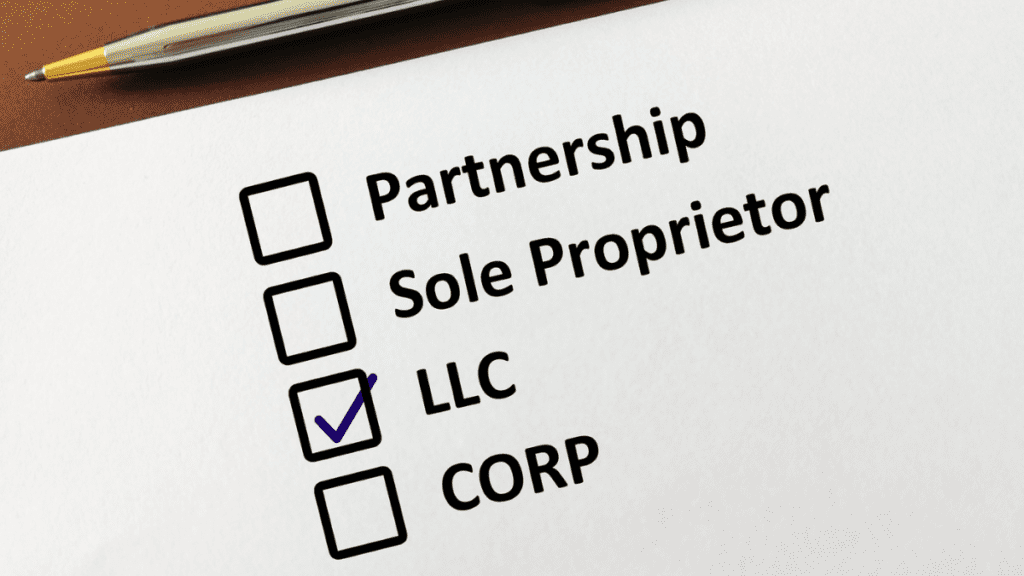
Since commercial real estate is treated as a business, legal ownership can take many different forms. The most common types of ownership structures for commercial properties are Sole Ownership, Partnerships, Joint Venture (JV) , Corporation, Limited Liability Company (LLC) , and Trusts. Choosing the right form of property ownership is extremely important for reasons such as liability protection, controlling tax liabilities, and staying on top of administrative requirements.
Commercial Rental Property Construction
Commercial Rental Property Maintenance

Commercial property maintenance is a critical aspect of construction and property management, ensuring the safety, functionality, and aesthetic appeal of the property. It involves regular upkeep tasks like cleaning, repairs, and landscaping, as well as addressing other issues like structural repairs, HVAC system maintenance, and compliance with safety regulations.
Commercial Tenant Improvements

Commercial tenant improvements refer to the customized alterations a landlord makes to rental space as part of a commercial lease agreement. These improvements are typically made to meet the specific needs of a tenant, and can include modifications to the interior layout, upgrades to the electrical system, enhancements to the design, and installation of specialized equipment.
Search Rental Real Estate
Try searching out site for hundreds of rental property topics ranging from property management, investor tool reviews, investment research, and more.
Commercial Rental Property FAQ
How Much Money Can you Make Owning Commercial Rental Properties?
The amount of money one can make from owning commercial rental properties depends on various factors such as location, property type, market conditions, and the effectiveness of property management. Generally, commercial properties offer higher rental yields compared to residential properties, with average returns ranging from 6% to 12% annually, though this can vary greatly. Factors like tenant stability, longer lease terms, and escalation clauses in commercial leases can contribute to a more stable and potentially higher income stream. However, profitability also hinges on expenses such as maintenance, insurance, taxes, and vacancies, making thorough financial analysis and management essential for maximizing returns.
How Do Rental Rates for Commercial Properties Compare to Residential Rental Properties?
Commercial rental rates are often higher and are influenced by factors such as location, property type (office, retail, industrial), market demand, lease length, and the economic health of the business sector. In contrast, residential rental rates are generally influenced by location, property size, amenities, and local housing demand. Additionally, commercial leases often include terms like triple net leases, where tenants pay for maintenance, insurance, and taxes, affecting the overall rental cost, a structure rarely seen in residential leasing. Below is a table comparing rental rates for the two types of asset classes:
| Commercial Properties | Residential Properties | |
|---|---|---|
| Base Rental Rates | Generally higher due to larger spaces and business usage. | Typically lower, based on unit size and local housing rates. |
| Lease Structure | Often includes triple net leases; tenants may pay for maintenance, taxes, and insurance. | Typically simpler, with landlords covering many expenses. |
| Lease Duration | Longer lease terms (often 5-10 years). | Shorter lease terms (commonly 1 year). |
| Rate Determination | Influenced by property type, location, commercial demand, and economic sector health. | Influenced mainly by location, property size, and local housing demand. |
| Rent Escalations | Common to have fixed or percentage-based rent increases. | Usually subject to local housing laws; often annual modest increases. |
| Market Sensitivity | More sensitive to economic cycles and business trends. | More stable, but can be affected by overall housing market trends. |
| Property Maintenance | Often higher due to scale and complexity; can be tenant’s responsibility in triple net leases. | Generally lower and landlord’s responsibility. |
| Utility Costs | Often paid by tenants. | Usually included in rent or paid by tenants. |
How to Get Started With Commercial Real Estate Investing?
First, educate yourself about the commercial real estate market, understanding different property types, market trends, and investment strategies. Second, start work on securing financing which might involve traditional bank loans, commercial mortgages, or investment partnerships, and requires a solid business plan and credit history. Third, identifying the right property is key, focusing on location, tenant demand, and potential for appreciation or steady rental income, and this often involves working with real estate agents or brokers who specialize in commercial properties. Finally, effective property management, whether done personally or through a professional management company, is crucial for maintaining the property, managing tenants, and ensuring a steady income stream.
More Types of Rental Real Estate
About the Author

Ryan Nelson
I’m an investor, real estate developer, and property manager with hands-on experience in all types of real estate from single family homes up to hundreds of thousands of square feet of commercial real estate. RentalRealEstate is my mission to create the ultimate real estate investor platform for expert resources, reviews and tools. Learn more about my story.
Disclaimer: The information provided on this website does not, and is not intended to, constitute legal and/or financial advice. As such, all information, content, and materials available on this site are for general informational purposes only. Please review our Editorial Standards for more info.




